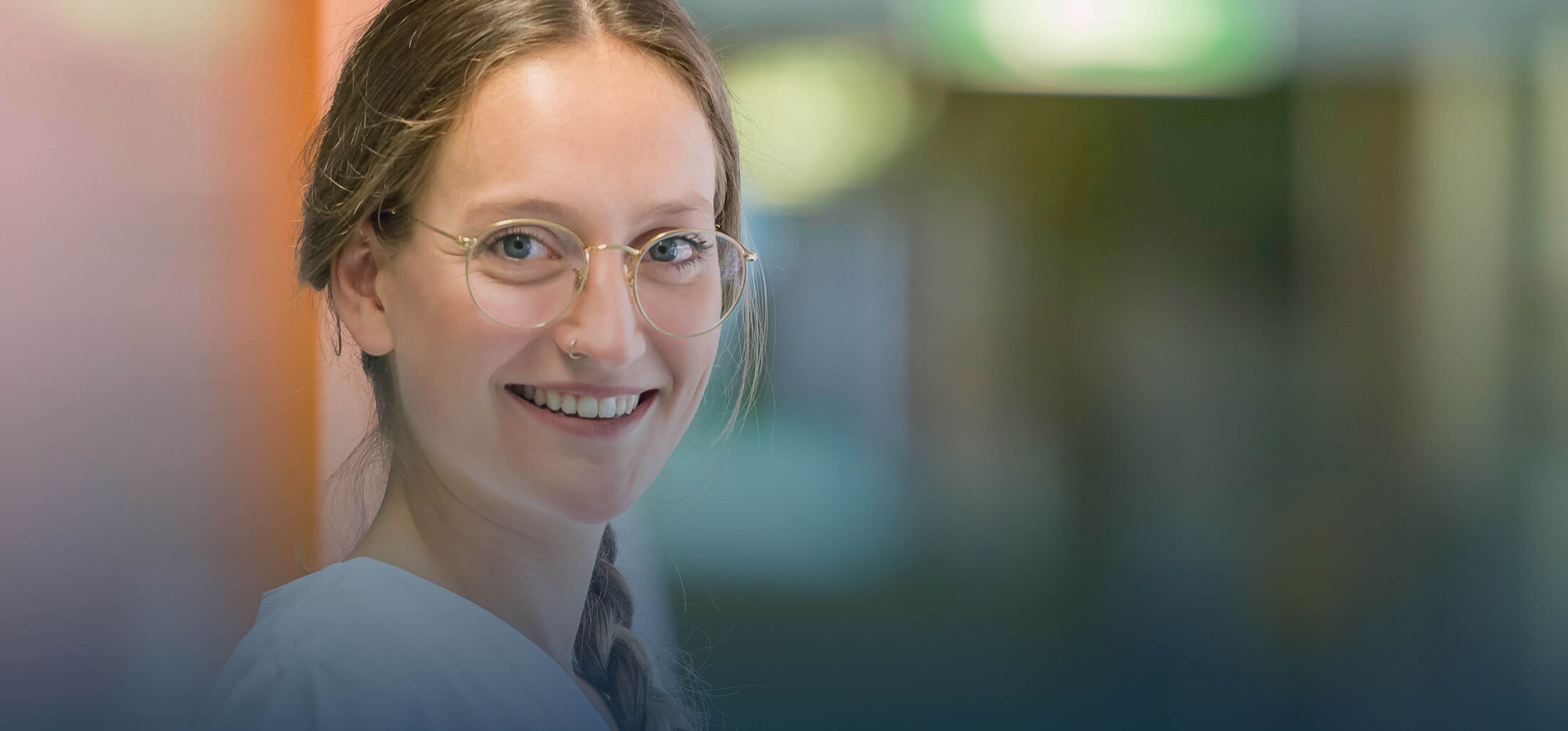Next-Generation Sequencing (NGS)
The high-throughput sequencing methods developed in recent years, which are summarized under the term Next-Generation Sequencing (NGS), have found their way into almost all areas of molecular biological research. Various groups at the Medical Faculty of RWTH Aachen University and the University Hospital RWTH Aachen as well as the Faculty 1 of RWTH Aachen University can refer to extensive experience and essential preliminary work in the field of NGS. However, a comprehensive local approach to NGS questions has not yet existed. Besides the application of the NGS in research, the method is of increasing importance in the field of health care.
Against this background and the fundamentally growing demand for NGS-based approaches, the present concept is intended to create the formal framework for a structural set-up of the medical faculty and the university hospital in the NGS area. In particular, this concept includes the networking of all facilities of the Medical Faculty and the University Hospital with NGS applications with the aim of implementing a genomics facility at the Interdisciplinary Clinical Research Centre (IZKF Aachen) and an NGS diagnostics platform. The working group NGS shall bundle the activities and expertise in the field of NGS in order to ensure a synergistic use of the existing expertise and capacities both in research and diagnostics, on the one hand, and to establish a contact point for all questions in connection with NGS, on the other hand.
Aims of thr working group NGS:
- Development of an IZKF Core "Genomics Facility" at the Medical Faculty and the University Hospital
- Establishment of an NGS diagnostic centre at the university clinic
- Bundling and networking of existing NGS activities
- Support of further institutions at the Medical Faculty and the University Hospital in the implementation of NGS procedures
- Development of NGS-based strategies and procedures
- Strengthening research at the Faculty of Medicine by providing NGS resources
- Strengthening of the NGS-based diagnostics of the university clinic to maintain supraregional competitiveness
- Translational use of NGS applications to improve (personalized) patient care
- Implementation of the latest NGS methods in teaching





